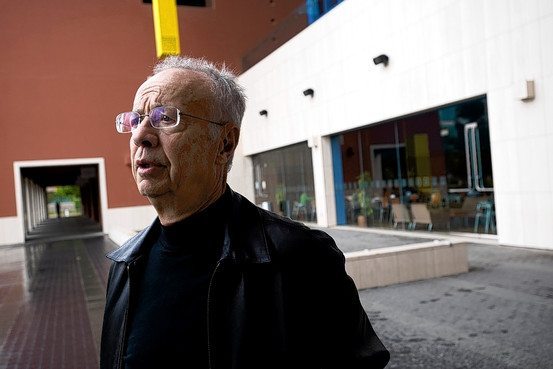How Health Care Can Deliver Better Quality at Lower Costs
/ I know, we are all sick and tired of the health care debate. But, while reading Don Clark's article in the WSJ today titled Chip Pioneer, Genetech Vet Bring High-Tech Sensibility to Medicine, the answer to how improved quality and lower costs will be achieved becomes clearer; and the solution won't be akin to rearranging the proverbial deck furniture on the health care Titanic. Therefore, I thought it worth a brief exploration.
I know, we are all sick and tired of the health care debate. But, while reading Don Clark's article in the WSJ today titled Chip Pioneer, Genetech Vet Bring High-Tech Sensibility to Medicine, the answer to how improved quality and lower costs will be achieved becomes clearer; and the solution won't be akin to rearranging the proverbial deck furniture on the health care Titanic. Therefore, I thought it worth a brief exploration.
The WSJ article sets forth a unique partnership of people interested in changing a system that does not make sense. You see technologist and former Intel Chairman Andy Grove and the charming and accomplished Susan Desmond-Hellmann , now Chancellor for UCSF, come from two very different industries, high tech and health care, but they see the same problem in how the health care system is broken and are doing something REAL to fix it. Kudos to Don Clark for identifying the two and their efforts.
We see this in industry everywhere. Existing leadership invested in past modalities having little affect on real outcomes because they are not REALLY changing how things are done. Health care is no different. As an example when asked why the system of health care is not driving costs down, Ms. Desmond-Hellman reflects:
There are a number of reasons, but the most important one is that there are no real incentives that drive cost as being a key parameter. If you are in product development, if you are developing new therapies, the most important barrier is Food and Drug Administration approval. The FDA has two metrics for success: safe and effective. Neither of those metrics has anything to do with cost. It's entirely different than every time you get a new iPod—it's got new features and it's cheaper.
She's right and more and more industries must adopt new models in order to have a real impact on the problems they are facing. Andy Grove shared a similar view when explaining why he is involved in doing something about health care:
The problem that actually bothered me is that there are dozens of ways of dealing with cancer in mice or neurological diseases in mice, and none made it across the chasm [to market].
Now UCSF is collaborating with the University of California, Berkeley to offer a two-year master's degree in "translational medicine," the discipline of transferring lab breakthroughs to the marketplace. The MBA-style program, which he helped establish with a $1.5 million donation, will target students from both medical and high-tech fields. Hopefully Mr. Grove's idea of using Silicon Valley-style techniques to speed and improve medical research will pay off.
Again, great article Don. Thanks for sharing it. Watch Susan's address on health care innovation below to learn more.








